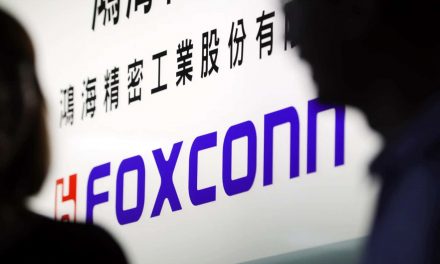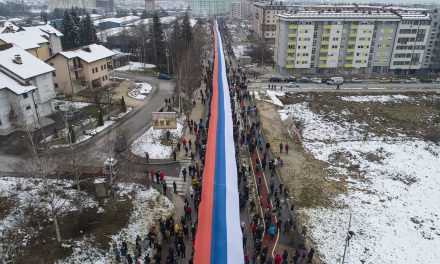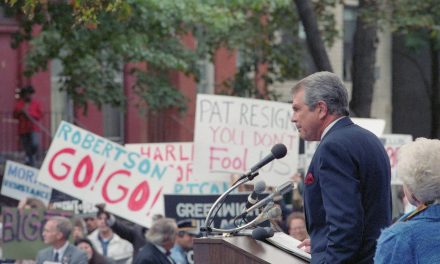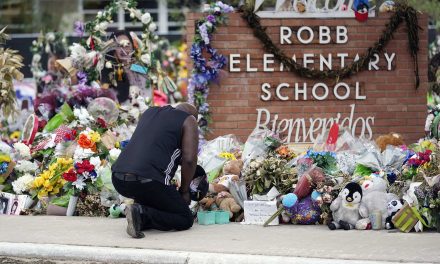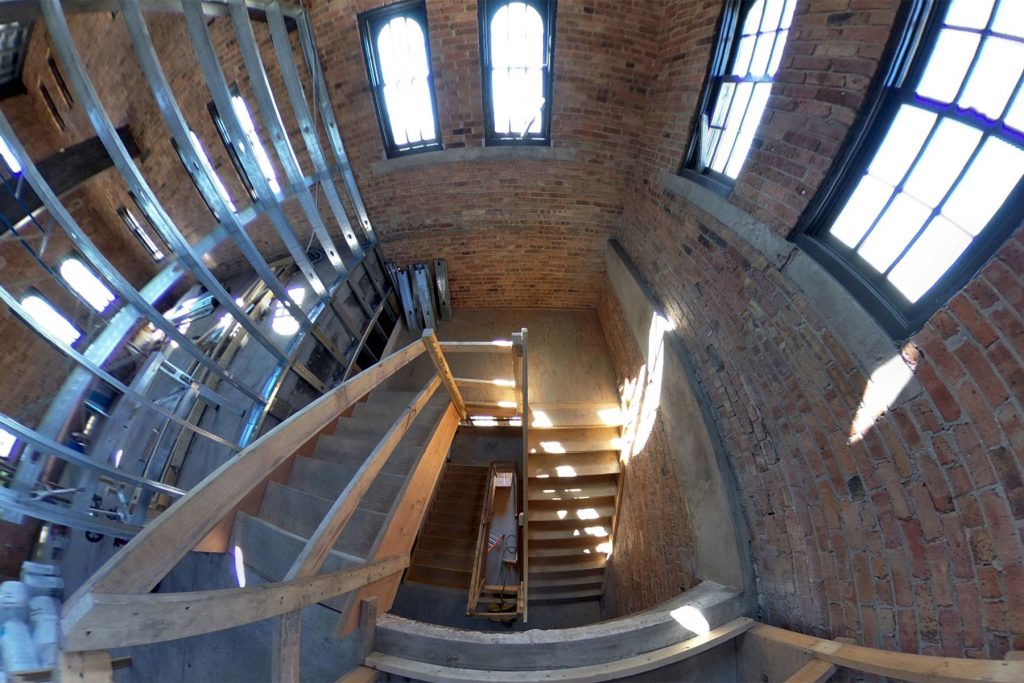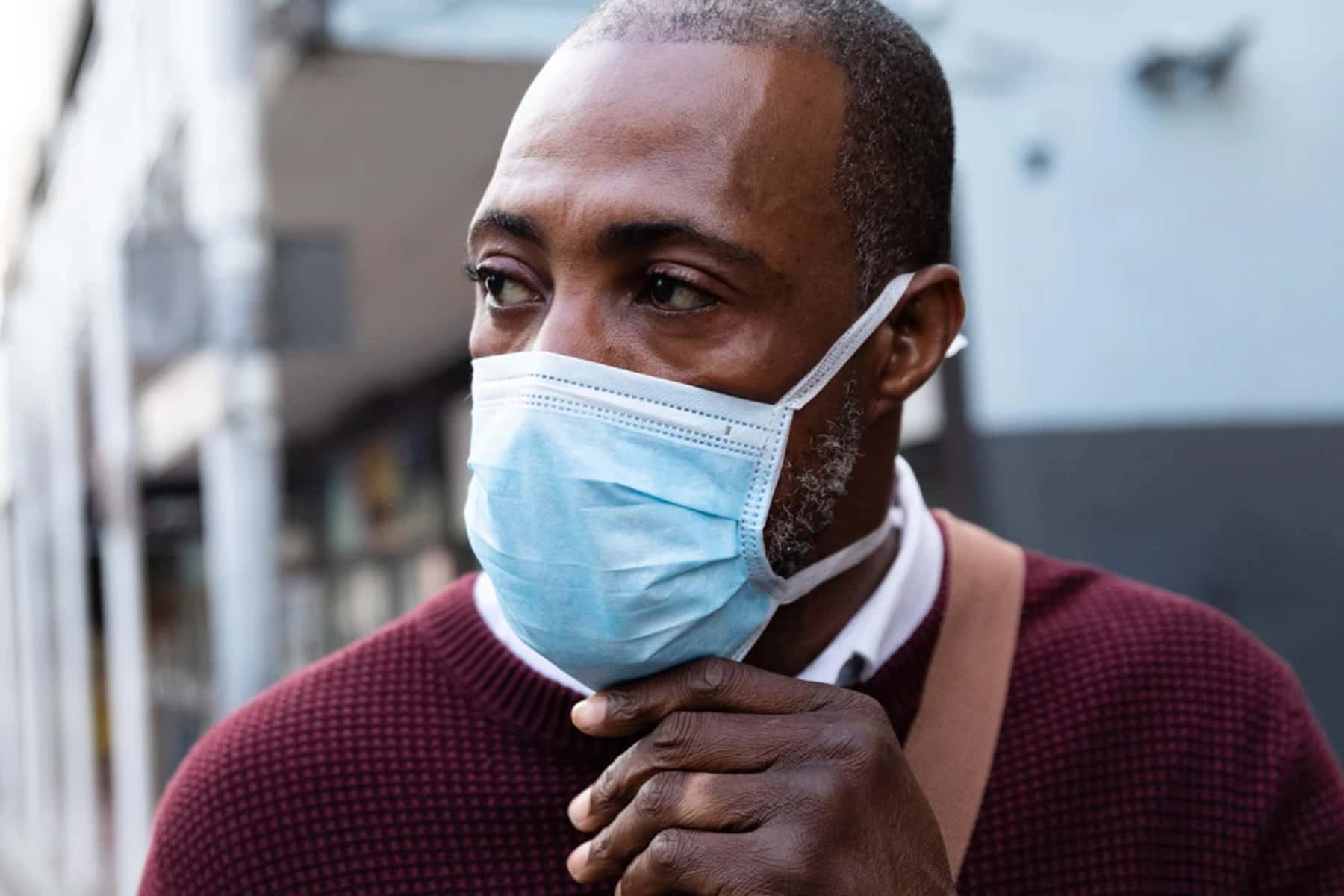
COVID-19’s spread is neither colorblind nor colorless, sending Black, Latinx and Indigenous people to the hospital at a rate four times higher than white people.
To make matters worse, the people of color and immigrant communities who already bear the brunt of the Covid-19 outbreak are also subject to the most punitive enforcement of emergency public health orders. The co-occurring pandemics of Covid-19 and state violence are deeply interconnected.
The COVID-19 Policing Project launched in May 2020 to monitor how cities, states, territories and tribal jurisdictions police the pandemic. As we watched cops drag a Black man off a bus in Philadelphia, put a Black man in a chokehold, and throw a Black mother to the ground in New York City in front of her toddler, all in the name of promoting health and safety, we asked ourselves: if this is the floor for treatment during unprecedented health, economic and state violence crises, then what is the ceiling?
Our findings six months later, summarized in the recently released report Unmasked: Impacts of Pandemic Policing, clearly show that arrests, racial disparities in enforcement, police violence and aggression did not pause because people are dying in record numbers. Instead criminalization continues to target the people who are susceptible to disproportionately dying from both the virus and under the hands and knees of police. Not only did the uneven enforcement of Covid-19 public health orders track predictable patterns of policing, it also strengthened and widened the webs of criminalization which ensnare marginalized communities.
The COVID-19 Policing Project reviewed public information about enforcement over the past six months and found that Black, Indigenous, and people of color (BIPOC) were 2.5 times more likely to be policed and punished for violations of Covid-19 orders than white people. Black people specifically were 4.5 times more likely to be policed and punished for coronavirus orders than white people.
Black women – who disproportionately work as healthcare and essential service workers, and are quite literally saving our lives – experienced the highest rates of racial disparity in enforcement of public health orders. According to our statistical analysis, Black women were five times more likely than white women to be policed and punished for violations of Covid-19 orders. Black men were 3.7 times more likely than white men to be policed and punished for such violations.
In Hawaii, Micronesian communities experienced 26% of arrests for violations of stay-at-home orders, despite making up just 1% of the state’s population. About 20% of people cited by Honolulu police for violation of public health orders probably had experienced homelessness, and of those, 60% were cited multiple times for violating stay-at-home orders. According to New York police department data, 81% of the 374 summons for social distancing violations between 16 March and 5 May were issued to Black and Latinx residents.
This kind of aggressive policing only exacerbates the effects of the pandemic. Fines ranging from $500 to $10,000 hit communities already reeling from record unemployment, a looming eviction crisis and soaring food bank use with yet another financial burden when many cannot afford basic necessities.
Arrests place people in high-risk jail and prison environments, raising rates of Covid-19 transmission, infection and mortality among incarcerated populations. Many cops – who have some of the highest rates of infection – refuse to wear masks and violate social distancing rules to harass, ticket and take people into custody.
Even a brief encounter with an officer or short detention in a police car can dramatically increase risk of infection, and that risk increases in a holding cell or jail where people are unable to maintain social distancing and have little or no access to soap, water and sanitizer.
President-Elect Joe Biden has a choice: push our government to provide genuinely life-saving health and financial support to struggling people and communities – or pour more money into local police departments on top of the $750m already allocated in May by the Cares Act to enforce punitive emergency orders. State and local officials face the same choices.
In fact, as an adviser to the Biden coronavirus taskforce recently pointed out, health professionals have advanced a humane and simple solution to get the virus under control: pay everyone to stay home for four to six weeks. And instead of leaving people to die in Covid-plagued prisons, jails and detention centers, officials could free them with support to return safely to families and communities.
The way forward through the raging pandemic and devastating economic crisis doesn’t lie in more surveillance, policing and punishment of marginalized communities – it lies in the demands to stop pouring money and resources into policing and start pouring resources into people and communities.
Tіmоthy Cоlman, Pаscаl Еmmеr, Аndreа Rіtchіе, and Tіffаny Wаng
Portions originally published on The Guardian as The data is in. People of color are punished more harshly for Covid violations in the US
Help deliver the independent journalism that the world needs, make a contribution of support to The Guardian.

